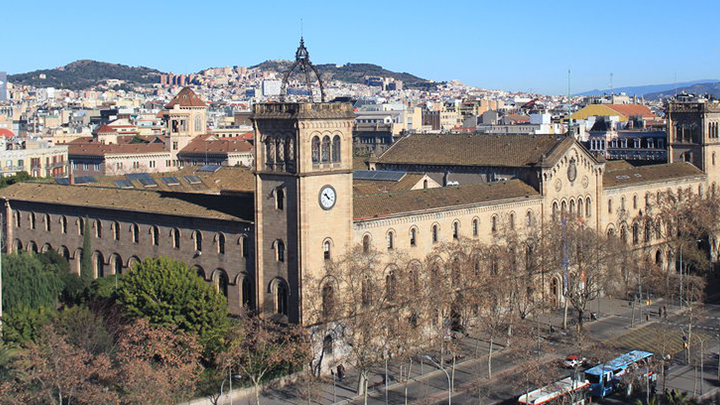The UB subscribes to the University Language Charter

News
|
Institutional
|
Academic
(13/09/2023)
The University of Barcelona has subscribed to all the principles and recommendations set in the University Language Charter. This document, approved unanimously by the General Council of the Vives University Network, represents a step decided for the social advancement of the language of the university and society as a whole.

News
|
Institutional
|
Academic
13/09/2023
The University of Barcelona has subscribed to all the principles and recommendations set in the University Language Charter. This document, approved unanimously by the General Council of the Vives University Network, represents a step decided for the social advancement of the language of the university and society as a whole.
The UB subscribes to the seven principles of the University Language Charter and it expresses its commitment to apply the forty-five recommendations listed in the document. Although the document allows for the possibility of a variable adherence —that is, subscribing to only some of the recommendations—, the UB has decided to apply all of them. “The Charter is fully consistent with the UB’s language policy. As members of the Vives University Network, and as a university committed to making Catalan a language of university prestige, we take all the recommendations”, says the vice-rector for Institutional Relations, Communication and Language Policy of the UB, Jordi Matas.
The University Language Charter establishes a declaration of principles based on Catalan, as the common language of the twenty-two universities that build the Network. Specifically, the seven principles of the Charter refer to Catalan at the universities as the language of institutional use; the language of management; the language of teaching; the language of research; the language of publishing; the language of communication and dissemination of knowledge; and the language of internationalization.
The document becomes a framework for monitoring language policy by means of principles, recommendations and indicators, taking into account the legal framework of the different territories of the linguistic domain. The Charter should make it possible to specify strategies and address challenges such as technological change, multilingualism and globalization. “It is a historic milestone that is the culmination of a consensus-building effort to establish a framework for the oral and written uses of the language”, notes Jordi Matas.
The University Language Charter establishes a declaration of principles based on Catalan, as the common language of the twenty-two universities that build the Network. Specifically, the seven principles of the Charter refer to Catalan at the universities as the language of institutional use; the language of management; the language of teaching; the language of research; the language of publishing; the language of communication and dissemination of knowledge; and the language of internationalization.
The document becomes a framework for monitoring language policy by means of principles, recommendations and indicators, taking into account the legal framework of the different territories of the linguistic domain. The Charter should make it possible to specify strategies and address challenges such as technological change, multilingualism and globalization. “It is a historic milestone that is the culmination of a consensus-building effort to establish a framework for the oral and written uses of the language”, notes Jordi Matas.
